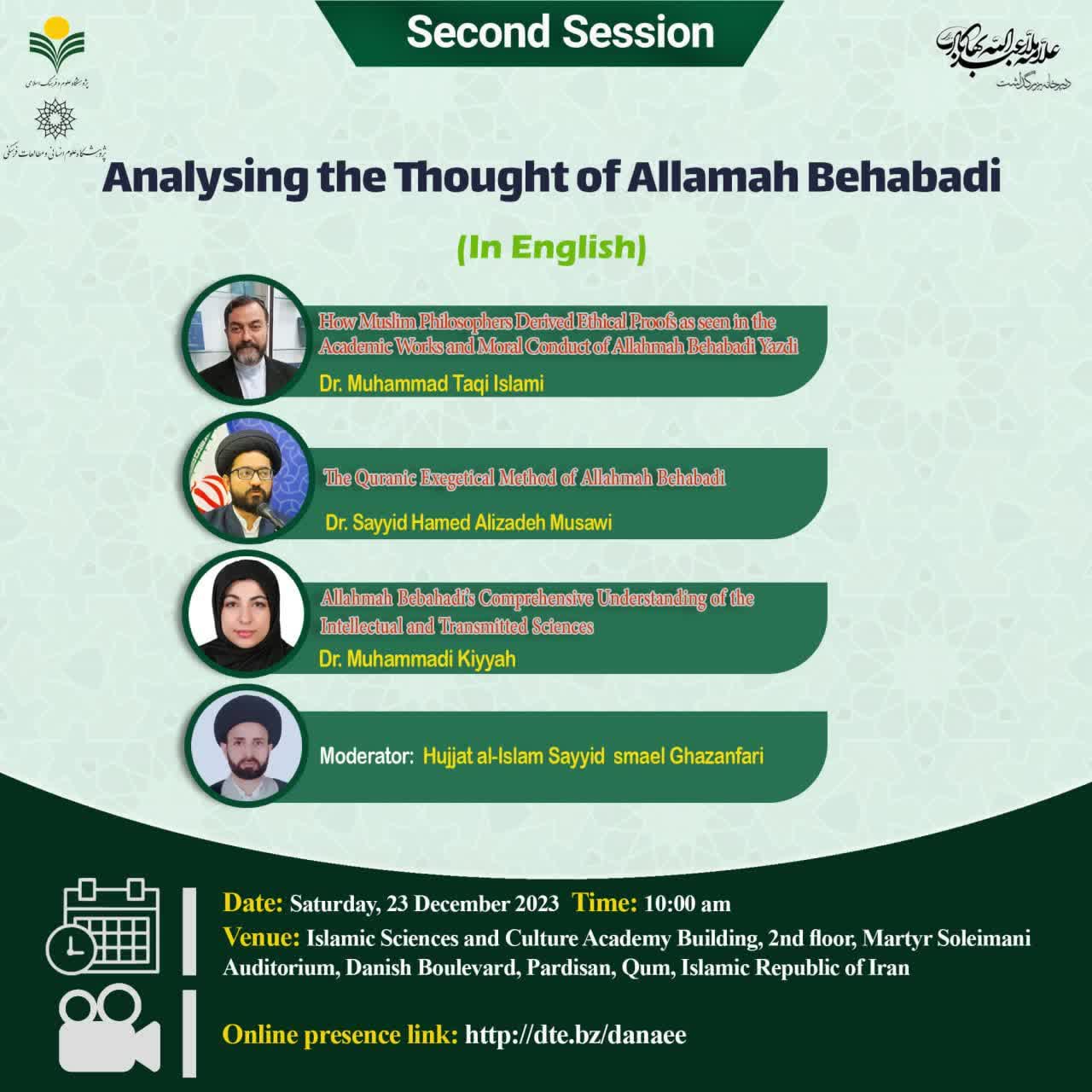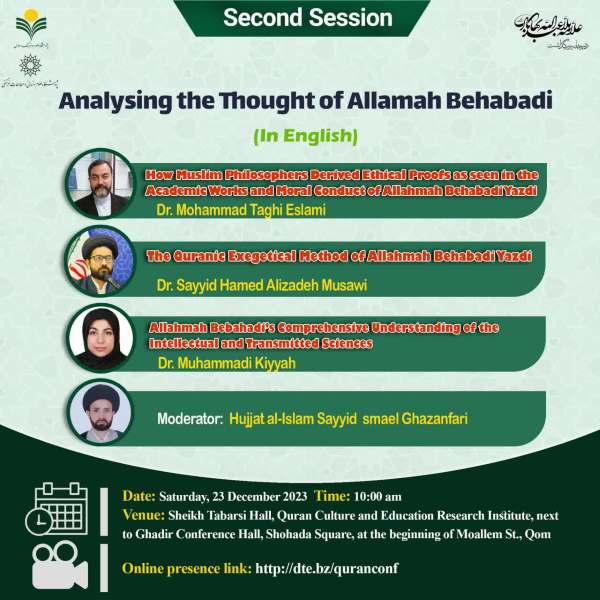After the death of Ghyath al-Din Mansour Dashtaki, the elder son and inheritor of the chair of Seyyed Sadr al-Din (better known as Seyyed-i Sanad), Shiraz seminary was closed due to pressures and lack of supports and the scholars of Shiraz were forced to leave their homeland and immigrate to other cities.
Some of the reasons behind this major migration of luminaries are as follows:
- Socio-political developments;
- The rise of Safavid powerful central government
- Ghyth al-Din Mansour Dashtaki's disputes with Safavid court
- Narrow-minded hostilities toward philosophy;
 Despite these difficulties and hostilities, School of Shiraz did not disappear but continued to thrive in other parts of the country and even in India. Mullah Abdullah the author of renowned glosses on Taftazani's Tahzib is one of the major representatives of this school in post-migration era. Mullah Abdullah did not follow his master in bare adversity with Safavid court rather he decided to have constructive relations with the court. This decision had a decisive impact on the future of School of Shiraz and its flourishing in Najaf Seminary. He was appointed by Safavid court as the treasurer of the Holy Shrine of Imam Ali (AS) and this position helped him to make indispensible contribution to Shiah intellectual tradition.
Despite these difficulties and hostilities, School of Shiraz did not disappear but continued to thrive in other parts of the country and even in India. Mullah Abdullah the author of renowned glosses on Taftazani's Tahzib is one of the major representatives of this school in post-migration era. Mullah Abdullah did not follow his master in bare adversity with Safavid court rather he decided to have constructive relations with the court. This decision had a decisive impact on the future of School of Shiraz and its flourishing in Najaf Seminary. He was appointed by Safavid court as the treasurer of the Holy Shrine of Imam Ali (AS) and this position helped him to make indispensible contribution to Shiah intellectual tradition.















